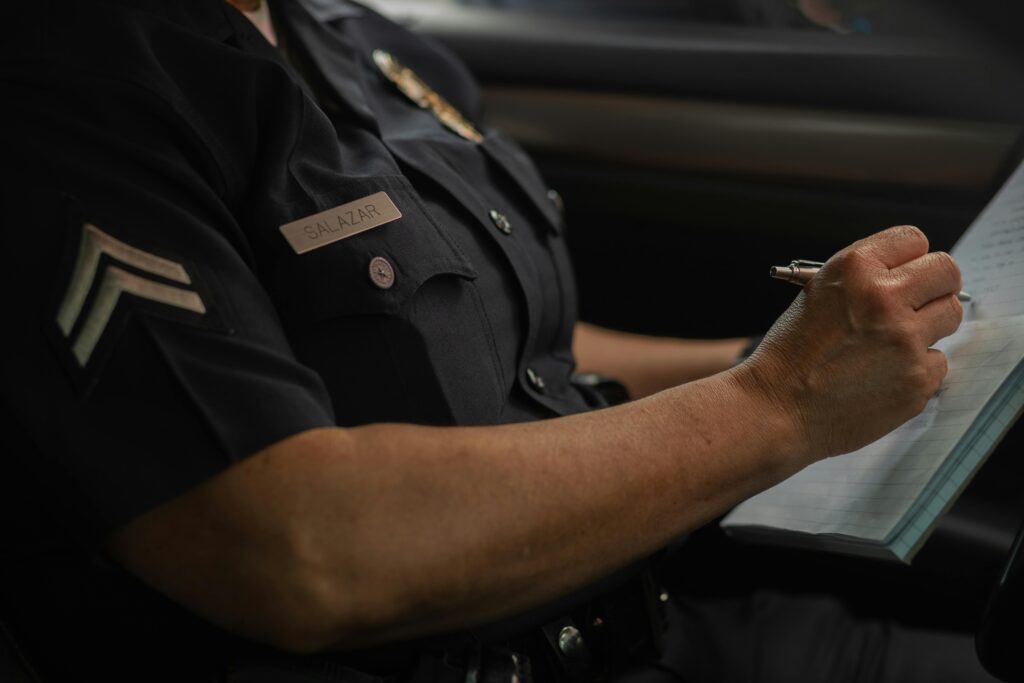Now Reading: Human Rights Violations by Chinese Communist Party
-
01
Human Rights Violations by Chinese Communist Party
Human Rights Violations by Chinese Communist Party
‘To deny people their Human Rights is to challenge their humanity’
– Nelson Mandela
Human Rights are viewed as an existential threat by the Government of the People’s Republic of China. The Chinese Communist Party (CCP) has shown signs of tension over providing political freedom in mainland China due to its belief that political freedom would jeopardize its control of power. Thus, it has built a sophisticated surveillance state with a high-tech internet censorship system in order to oversee, control and suppress public criticism. Strict regulations have been set up by various agencies to monitor the news that is available to the Chinese population.
These restrictions are not limited to mainland China but are also extended abroad through the help of China’s growing economic leverage to silence any voice that is raised against the Chinese ideologies or the Chinese Government and to implement a systematic attack on the emerging concept of enforcing Human Rights.
‘It doesn’t matter where I am, or what passport I hold. [Chinese authorities] will terrorize me anywhere, and I have no way to fight that.’
– Uyghur Muslim with European citizenship, Washington, September 2019[1]
The enforcement of Human Rights in mainland China are reviewed periodically by the United Nations Human Rights Committee (UNHRC)[2] to which the government of China and various other governments have often shown dissent. The Chinese government claims that the existing policies and measures are enough to guard their people against Human Rights violations. However, it is often viewed that the state authorities in mainland China regularly sanction and organize such abuses. The succession of Xi Jinping as the Secretary General of the CCP in 2012 has further deteriorated the situation of Human Rights violations in the country. The violations of Human Rights that took place during his rule were the most brutal oppression in decades.
The rationale behind attack on Human Rights by the Chinese Government is to strengthen the weak system of rule by repression rather than popular consent. The CCP, on various occasions, has been accused for targeting activists and their family members by harassing, imprisoning and torturing them. It has also been accused of frequently imprisoning people who’ve presented their views on politically sensitive topics. In fact, lawyers who worked on cases related to free speech and abuse of power were also targeted.[3] Amnesty has pointed out that there needs to be a higher awareness about cases related to abuse of power like that of Cao Shunli[4] (a Human Rights activist who died in police detention). Her family claimed that she wasn’t provided adequate medical attention and that they were denied access to her body. However, the Chinese Government continues to deny any mistreatment and stated that ‘lawful rights were protected in accordance with law’.
A group of feminist activists were also detained, some of them for more than a month. Also, the Nobel Peace Prize winner Liu Xiaobo[5] is serving an 11-year jail term for subversion.
The Chinese government claims that it is for China to decide and that only the 1.3 billion Chinese people have a say on China’s Human Rights.[6]
Various other sanctions have also been imposed by USA as well as various organs of UN on the Chinese Government, accusing them of severe Human Rights violations. However, little change has been observed in the field of Human Rights in the country in the last decade.
[1] https://www.hrw.org/world-report/2020/country-chapters/global
[2] https://www.ohchr.org/EN/countries/AsiaRegion/Pages/CNIndex.aspx
[3] https://www.cfr.org/article/communist-chinas-painful-human-rights-story
[4] https://www.bbc.com/news/magazine-34592336
[5] https://www.bbc.com/news/world-asia-china-25303897
[6]https://www.livemint.com/Politics/BJpGzKSMa2PU2ceGGIwvEL/Human-rights-a-matter-for-China-not-US-Beijing.html







